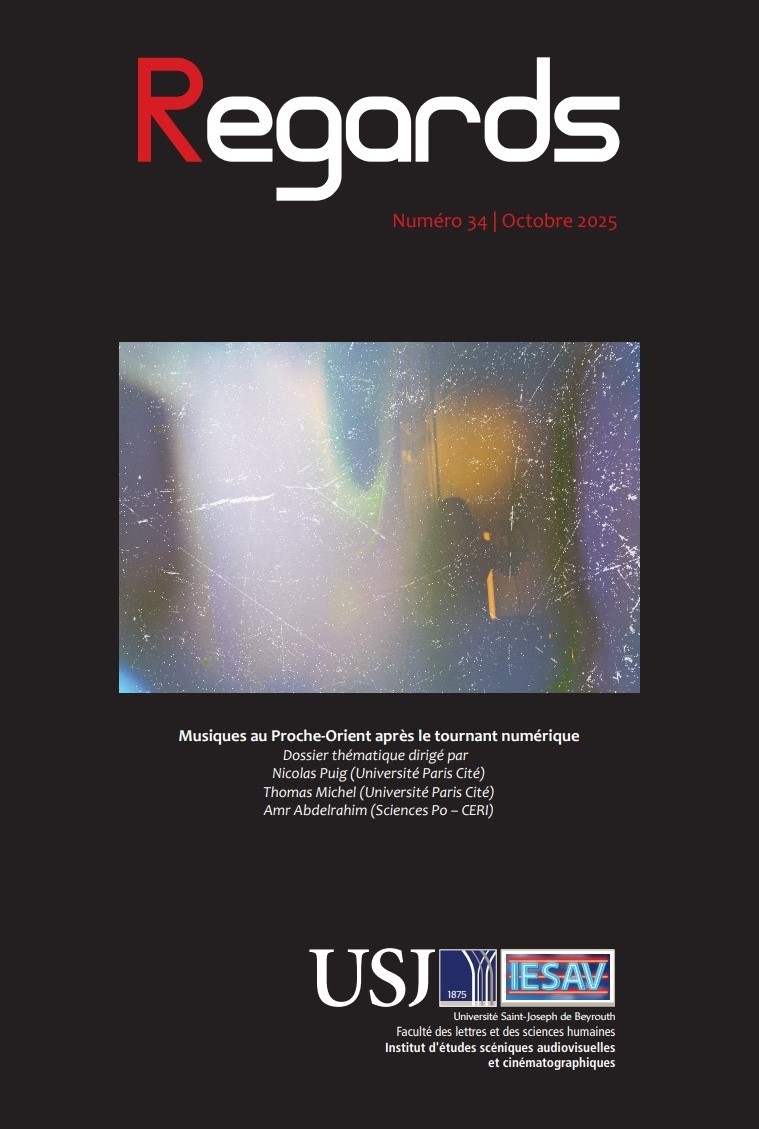Abstract
Rotana, owned by Saudi prince Al-Waleed bin Talal, has been a central and ambiguous player in the Arab music industry since the 1980s, yet its history remains fragmentary and elusive. More than a simple record label with a defined sound and aesthetic, it stands as an audiovisual group embedded within a large holding company linked to Gulf-style capitalism. Rotana has established a lasting model where music operates in close connection — or dependency, from a more critical perspective — with other economic sectors, shaping both artists’ career paths (conceived as buy/sell transactions and transfer markets) and how songs are produced. Founded in 1987 as part of a small cassette-based economy, then acquired by a media-savvy and ambitious prince who turned it into a major regional force in the videoclip era, Rotana represents a “stage” (borrowing Mike Davis’s term) in the production of mainstream pop music. This article aims to identify its main structural dynamics, adopting a relational perspective inspired by Pierre Bourdieu’s sociology, and shows how Rotana embodies a specific model: a monopoly with fringes, financialized and subordinated [to other economic sectors]. It also seeks to understand the mystery of this actor's longevity, how its model persists today, how it has socialized artists, and ultimately why Rotana remains so essential even in the streaming era despite constant criticism.

